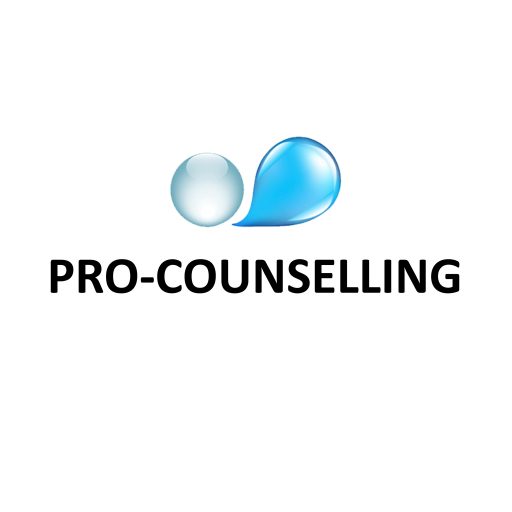7 tips to reduce work-related stress

Anxiety is simply a learned response to stress, and it can cause sufferers undue frustration and hopelessness. So as the emails stack up in your computer inbox and your phone pings with seemingly urgent messages, how do you get out of that anxious headspace?
Here are seven hints to help ease your anxiety throughout the work week and minimise stress levels:
-
Go easy on the caffeine.
There’s just something about starting the morning with a habitual cup of coffee, hot steam rising from the top. While the caffeine certainly helps energy levels, its effects mimic anxiety symptoms: racing heart, upset stomach, shaky hands. “It’s rarely a symptom or actual cause of anxiety,” Walker says. “It’s just that if you’re already in a sensitized state, you might feel more vulnerable to the physiological effects coffee produces, and your mind may misinterpret those effects.” Rest assured, you don’t have to kick the coffee habit but know your body’s cues, and if you’re already feeling tense, consume in moderation.
-
Don’t overthink your stressors.
Sometimes, figuring out what exactly is getting you worked up can make you anxious. “Stress isn’t necessarily going to go away. Some jobs are inherently stressful,” Walker says. For instance, a recent study tracked hospital nurses and measured their stress levels throughout the day, changing nothing in their daily routine. The nurses then practised mindfulness to help the way they related to the stress. “When the nurses were re-measured, their stress had dropped by 40 percent,” says Walker. “Nothing changed stressor-wise, except the way the nurses related to that stress and were aware of its presence. In my opinion, giving extra attention to the stressors is wholly unhelpful.”
-
Try accepting the anxiety.
Have you ever been sitting in a meeting and you start getting cold sweats and a racing heart? You have a few options: Fight the feelings, remove yourself from the situation… or, says Walker, “accept the feelings and allow the anxiety to sit beside you.” Accepting anxiety means, simply, sitting there and letting the feelings pass. It may not feel good. And, Walker adds, “Don’t force the acceptance. That won’t work either. If acceptance isn’t coming easy or naturally, it’s OK. Getting back to that place and calm and peace doesn’t rely on it. Either way, the anxious state will pass, whether you accept it or not.”
-
Fake it till you make it.
Sometimes, you just have to grin and bear it. And “faking it till you make it” can actually work surprisingly well, says Walker. “Act normal and make light of the anxiety. Power poses work great and can eventually become a habit.” So stand up tall and make an effort to smile. “If you tell yourself a lie a bunch,” adds Walker, “you start to believe it.”
-
Take a breather.
Whether meditating for three minutes or just taking deep breaths, remember to take some time to check in with yourself throughout the day. “Even if it’s for 30 seconds,” says Walker, “even just drop your shoulders and release any tension. These little things help you gain altitude from the anxiety and perspective.” And while technology does little to ease a racing mind, there are ways to harness it to help induce calm. If the statistics about 40 million anxiety sufferers can’t convince you that you’re not alone, the sheer volume of smartphone apps for anxiety should. Walker recommends Headspace, Meditation Oasis and the Mindfulness apps, as well as Happify, which offers games to hone in on mindfulness.
-
Get moving.
Exercise is a mood lifter, a physical shift in your day, and its effects on anxiety and depression are well documented. A healthy body goes a long way toward a healthy mind, and the feel-good endorphins release while the stress hormones are reduced.
-
Call your EAP.
The EAP industry started during the mid-80s in the UK. Today large organisations and an increasing number of SMEs offer Employee Assistance Programmes (EAP) services. In fact, research shows that almost 50% of the UK workforce has access to EAP, yet many times this is forgotten after the induction day given in your organisation. If in doubt, get in touch with your HR officer and find out if your company provides this service. If they do, why not take advantage of it! Professional counselling support can help you deal with work-related stress.
